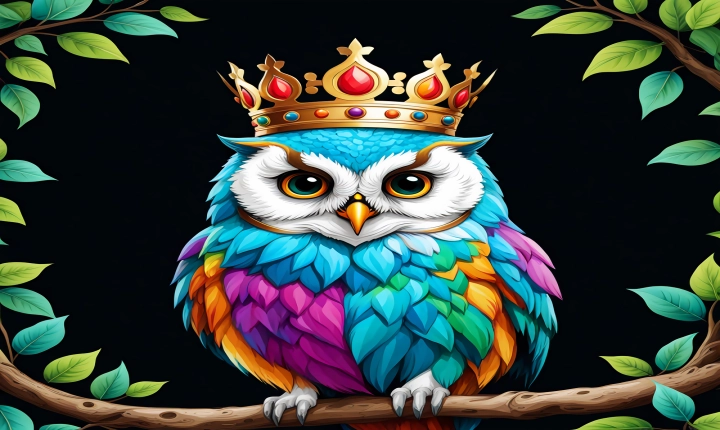Is AI Content Plagiarized?
Artificial intelligence (AI) has become an invaluable tool in the modern world, with its ability to generate content quickly and efficiently. However, one of the concerns surrounding AI-generated content is the potential for plagiarism. As AI continues to advance, the question arises: is AI content plagiarized?
The issue of plagiarism in AI-generated content is a complex and multifaceted one. On the one hand, AI has the capability to produce vast amounts of content by combing through existing materials and generating new content based on the patterns and themes it identifies. This can potentially lead to the unintentional replication of existing works, raising concerns about originality and intellectual property rights.
In some cases, AI-generated content can indeed be considered plagiarized if it directly copies or closely resembles existing works without proper attribution or permission. This has led to debates about the ethics and legal implications of AI-generated content, especially in fields such as journalism, academia, and creative writing.
On the other hand, proponents of AI argue that the technology has the potential to aid in the creation of original content by providing inspiration, generating ideas, and assisting human creators in their creative processes. AI can be used to augment and enhance the creativity of individuals, rather than replace it. As such, the responsibility lies with the creators to ensure that AI-generated content is used in a responsible and ethical manner.
Addressing the issue of plagiarism in AI-generated content requires a multi-faceted approach. First and foremost, there is a need for clear guidelines and regulations regarding the use of AI in content generation. Organizations and individuals must ensure that proper attribution and recognition are given to the original sources of content, whether it is generated by AI or human writers.
Furthermore, education and training on ethical content creation, including the use of AI, should be prioritized. Content creators need to be aware of the risks associated with AI-generated content and understand how to use the technology responsibly to avoid plagiarism.
From a technological perspective, advancements in AI tools and algorithms can also play a role in addressing the issue of plagiarism. AI platforms can be developed to incorporate checks for originality and provide suggestions for content creators to ensure that their output is unique and complies with ethical standards.
Ultimately, the question of whether AI content is plagiarized is contingent on how it is used and the ethical considerations that surround its utilization. While the potential for plagiarism exists, it is important to recognize the potential of AI to assist in content creation and focus on using the technology in a responsible and ethical manner.
In conclusion, the issue of plagiarism in AI-generated content is a pressing concern that requires careful consideration and regulation. With the right approach, AI can be harnessed to generate original and innovative content while respecting intellectual property rights and ethical standards. By addressing the challenges associated with AI-generated content, we can ensure that the technology contributes to creative expression and knowledge dissemination in a responsible and ethical manner.
